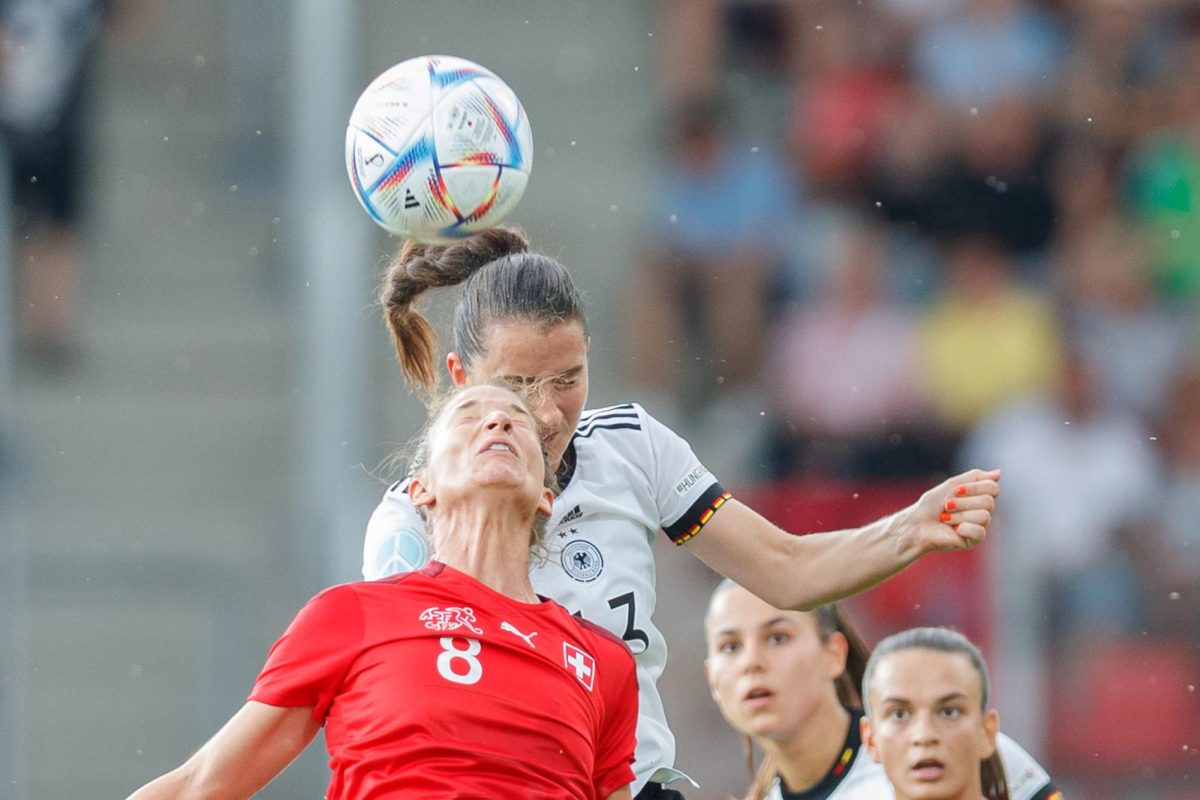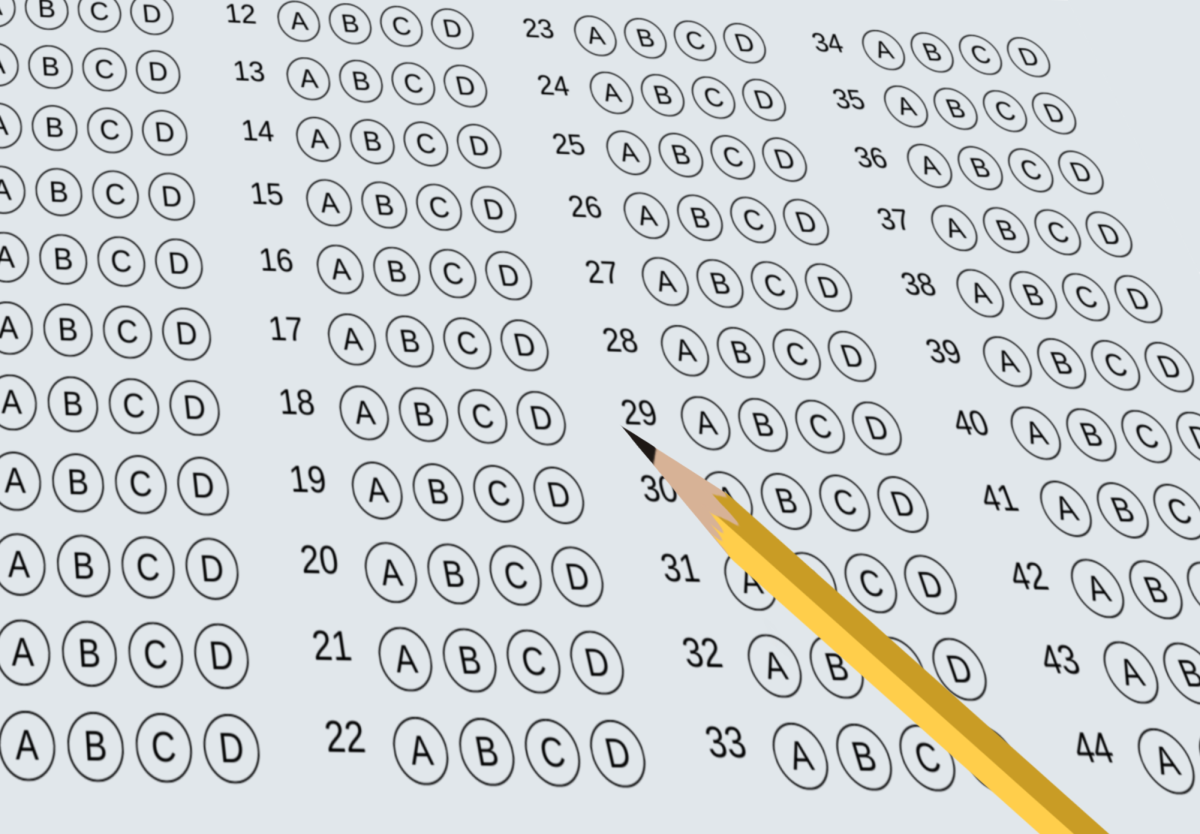Women have been underrepresented throughout history. They’ve had to fight to be able to vote, own property, work and be valued in society. Although women’s rights have come a very long way in recent years, they are still diminished in concussion research, which puts their lives and physical health at an unacceptable disadvantage.
Sports medicine research has historically favored men. The National Institutes of Health wasn’t even legally required to include women and minorities in clinical research until 1993.
Despite the fact that women’s and men’s bodies respond differently to concussions, concussion research conducted with majority male participation is used for medical advice for both men and women. This hurts women because their bodies react differently, so they need different diagnosis, treatment and recovery advice. This gender gap means that current guidelines may be unsafe for female athletes.
In 2019, the American Medical Society for Sports Medicine released a position statement on concussions in sports, “To provide an evidence-based, best practices summary to assist physicians with the evaluation and management of sports concussion.” However, this “evidence” was very heavily skewed towards male athletes. Of the 68 studies included in this review, 47 (69.1%) had at least 67% male participants, while only three (4.4%) had at least 67% female participants. 27 studies included no women at all.
70% of concussions are sports-related, so many concussion studies focus on athletes. This can lead people to assume that the gender gap in concussion research merely reflects the fact that there are significantly more male athletes than female. However, according to the NCAA, 43.5% of college athletes in the United States are female, which proves this assumption wrong. Female athletes are there. Their lives are important. They just aren’t being prioritized in research.
Women are also more prone to concussions than men. A summary of collegiate injuries across sports found that women are more likely than men to sustain concussions in every sport surveyed except for lacrosse, in which physical contact is prohibited for women but not men. Studies show that women are more at risk because of weaker neck muscles and hormonal differences. This begs the question: Why focus on men when women are at higher risk?
A major reason for this lack of research is that mens sports have a bigger audience, and therefore, bigger profits. Women’s sports only account for one fifth of total sports revenue. Because mens’ sports have more money coming in, they can invest more into their athletes through research and medical care. Sadly, this means that female athletes’ medical care isn’t prioritized as much as it should be.
The good news is that concussion research has come a long way in the last few years. New technology used to spot concussions such as smart helmets and other gear give researchers new insight into the causes of concussions and help foster breakthroughs in prevention protocols and technology. These medical breakthroughs are helpful to both women and men, but it still isn’t enough. A lot of concussion research is centered around football, which is primarily a men’s sport. Brain trauma in sports such as soccer and basketball is harder to monitor because the players don’t wear helmets. Smart helmets allow injuries to be tracked in real time, which is vital for getting players immediate medical attention, but there still isn’t a good alternative for sports that don’t require helmets.
This issue persists because it doesn’t get enough public attention. We must spread awareness and speak up until female athletes start getting prioritized. We must support women’s sports to give them the resources to take care of their athletes. We must recognize the talent and hard work that female athletes have and treat them with just as much respect as their male counterparts.
Gender discrepancies in concussion research need to be addressed, and soon. Every day that female athletes are ignored is another day where countless girls and women are injured. We can’t continue to marginalize a group that makes up half of the world. Research on women’s concussions is already years behind. If we act now, we just might have a chance to help the next generation of female athletes.
















